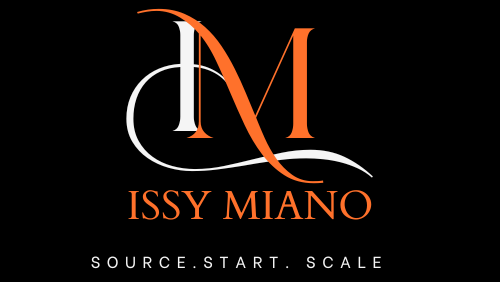Power of Private Labeling: A Deep Dive into Private Label Manufacturers
In today’s competitive market, businesses should continually search for ways to differentiate themselves from their competition. Enter the world of private label manufacturers—a sector of the manufacturing industry that’s enabling brands to create products tailored to their vision. In this post, we will delve into what private label manufacturing is, its benefits, and how to select the right partner for your business.
What is Private Labeling?
Private labeling refers to the process where products are manufactured by a third-party manufacturer but sold under a retailer’s brand name. Instead of creating a product from scratch, businesses can choose to partner with a private label manufacturer to produce goods that reflect their brand’s identity. An example of private label is
AmazonBasics (Amazon):
• Industry: Electronics, Household, and more
AmazonBasics is Amazon’s private label brand, which offers a wide array of products, including electronic accessories, home essentials, and office supplies. The products are known for their reliability and affordability.
Benefits of Private Labeling
1. Brand Identity Enhancement:
Private labeling allows businesses to strengthen their brand identity. By offering unique products that aren’t available elsewhere, brands can establish themselves as market leaders in their niche.
2. Increased Profit Margins: Without the costs associated with designing and setting up a manufacturing process, businesses can often enjoy higher profit margins with private-labeled products.
3. Control Over Pricing, Marketing, and Distribution:
Owning the brand means having control over how the product is priced, marketed, and distributed.
4. Flexibility in Product Changes:
If a business notices a trend or receives customer feedback, it’s often easier to make product tweaks with a private label agreement.
5. Exclusive Rights:
Most private label agreements ensure that the specific product is exclusive to the brand, preventing other competitors from selling an identical item.
Choosing the Right Private Label Manufacturer
Like any partnership, it’s essential to choose a private label manufacturer that aligns with your brand’s values and goals. Here are some steps to guide you:
1. Research and Reviews:
Start by conducting thorough research on potential manufacturers. Look for reviews, ratings, and feedback from other businesses.
2. Ask for Samples:
Before committing, ask for product samples to assess the quality and ensure it meets your standards.
3. Visit the Manufacturing Facility:
If possible, visit the manufacturer’s facility. This visit can provide insights into their processes, quality control measures, and overall business operations.
4. Negotiate the Terms:
From pricing to production timelines, make sure you’re clear on all terms before entering an agreement.
5. Start with a Small Batch:
Instead of jumping in headfirst, consider starting with a smaller batch to gauge the product’s market reception and the manufacturer’s reliability.
Finally!
Private label manufacturing offers businesses an avenue to expand product offerings, enhance brand identity, and potentially achieve higher profit margins. However, the key to successful private labeling lies in the strength of the partnership. By choosing the right manufacturer and maintaining open communication, brands can harness the full power of private labeling.
If you are in cosmetics here are top seven USA private label cosmetics companies
